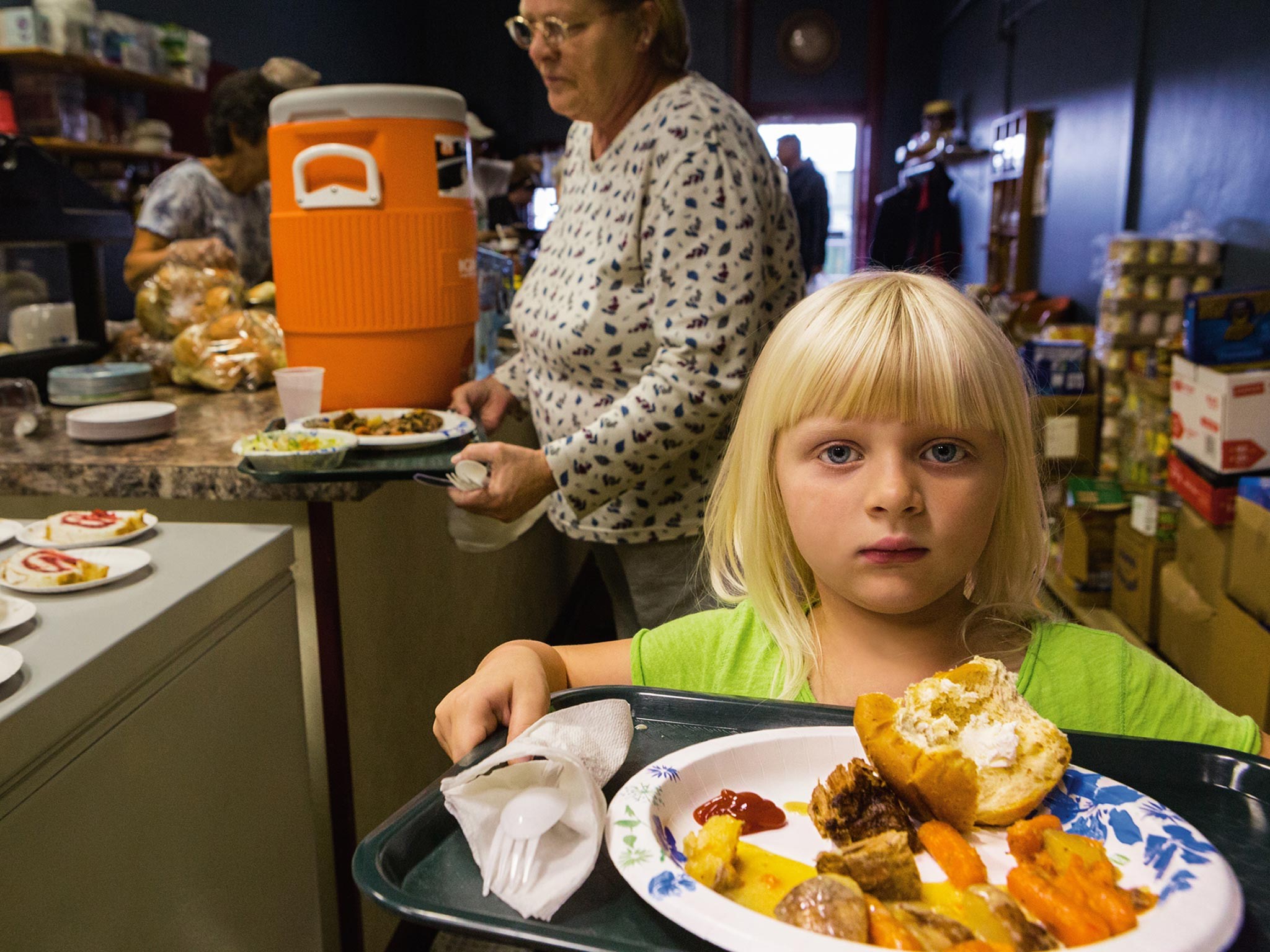HUNGER HIKE – Did you know?
General Facts/Statistics
- 1 in 8 people in Indiana struggle with hunger
- An estimated 26% of individuals who are considered food insecure live in households that earn incomes above 185% of the poverty line, making them likely ineligible for most federal nutrition assistance programs.
- Food insecure adults are more likely to be diagnosed with diabetes, hypertension, and high blood pressure. They are also more likely to report mental health problems, including anxiety and depression, and poor general health. Seniors who are food insecure have a decreased capacity to maintain independence with aging.

Child Hunger Facts/Stats
- 1 in 5 children struggle with hunger
- 23,340, or 17.7%, of children in Food Finders’ service area struggle with hunger. In Tippecanoe County, alone, nearly 7,000 children struggle with hunger. More than a quarter of the 23,670 children do not qualify for federal nutrition programs, leaving Food Finders Food Bank’s programs as their only resource.
- Children who face hunger are more likely to struggle in school and experience developmental setbacks. Kids who struggle to get enough to eat also face higher risks of health conditions like anemia and asthma.
- In addition to decreased intellectual and emotional development and poor academic performance, children living in food insecure households are at higher risk of poor physical and mental health. They are substantially more likely to be diagnosed with iron-deficiency anemia, asthma, mental health problems such as anxiety and depression, cognitive impairment, and behavioral disorders. They are also at higher risk of being hospitalized. These health problems and the resulting time demands placed on caregivers impact the ability of caregivers to maintain stable employment.
- For more information on general hunger statistics, visit Feeding America’s Map the Meal Gap site: click HERE
Senior Hunger Facts/Stats
- Indiana has one of the highest rates of senior hunger, with 11.7% of seniors struggling with hunger–that’s 631,800 seniors in Indiana. Women are disproportionately affected by food insecurity, 6 out of every 10 food insecure seniors are women.
- Seniors struggling with hunger often have to make the difficult decision between paying for rent, medication, or transportation and food.
- For seniors, lack of access to healthy foods, or even a stable diet, can lead to life threatening medical conditions, such disability, deteriorating health/ mental health conditions, serious infections, lengthy hospitalization, and malnutrition. The number one health condition caused by food insecurity among seniors is clinical (severe/major) depression. For more information on senior hunger, read The State of Senior Hunger, click HERE.
